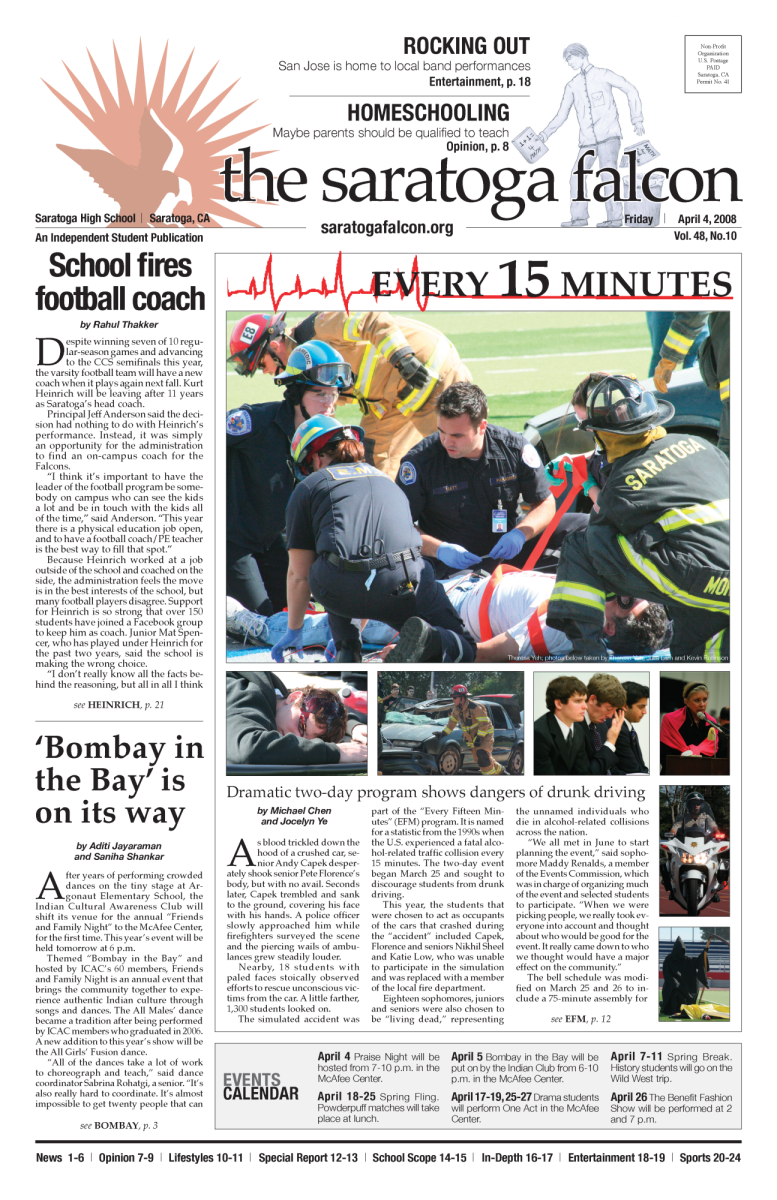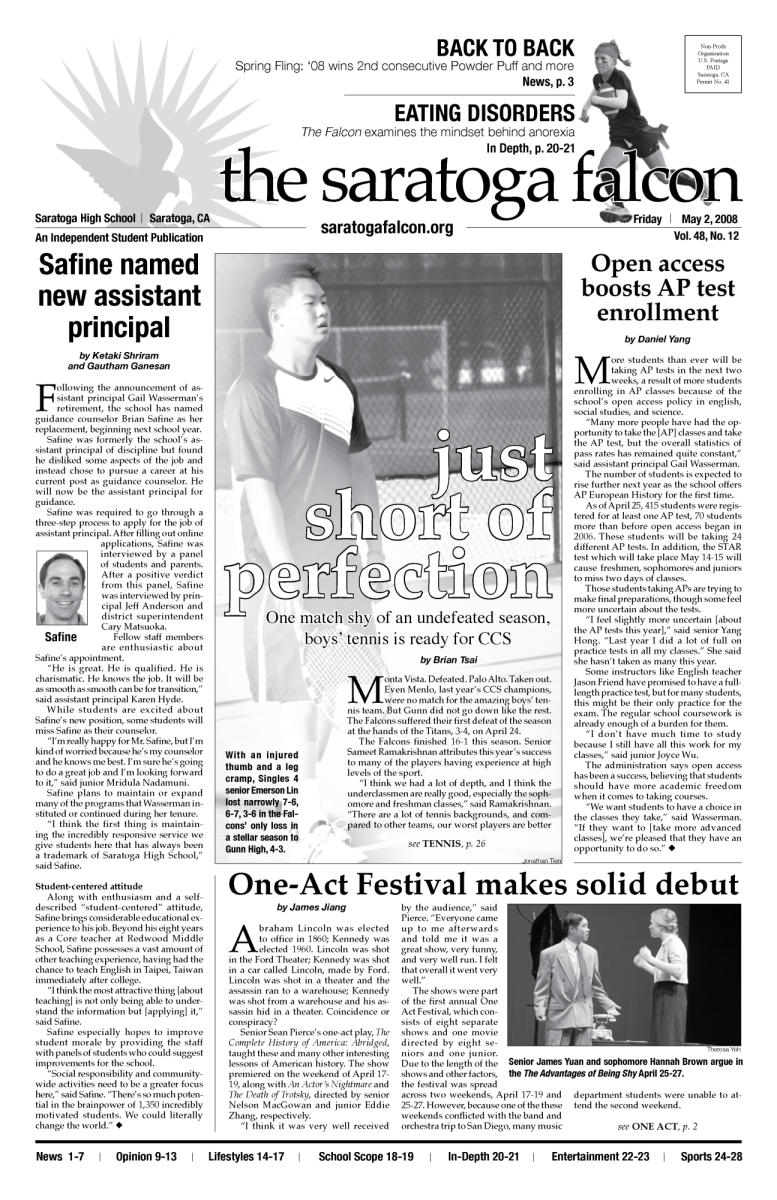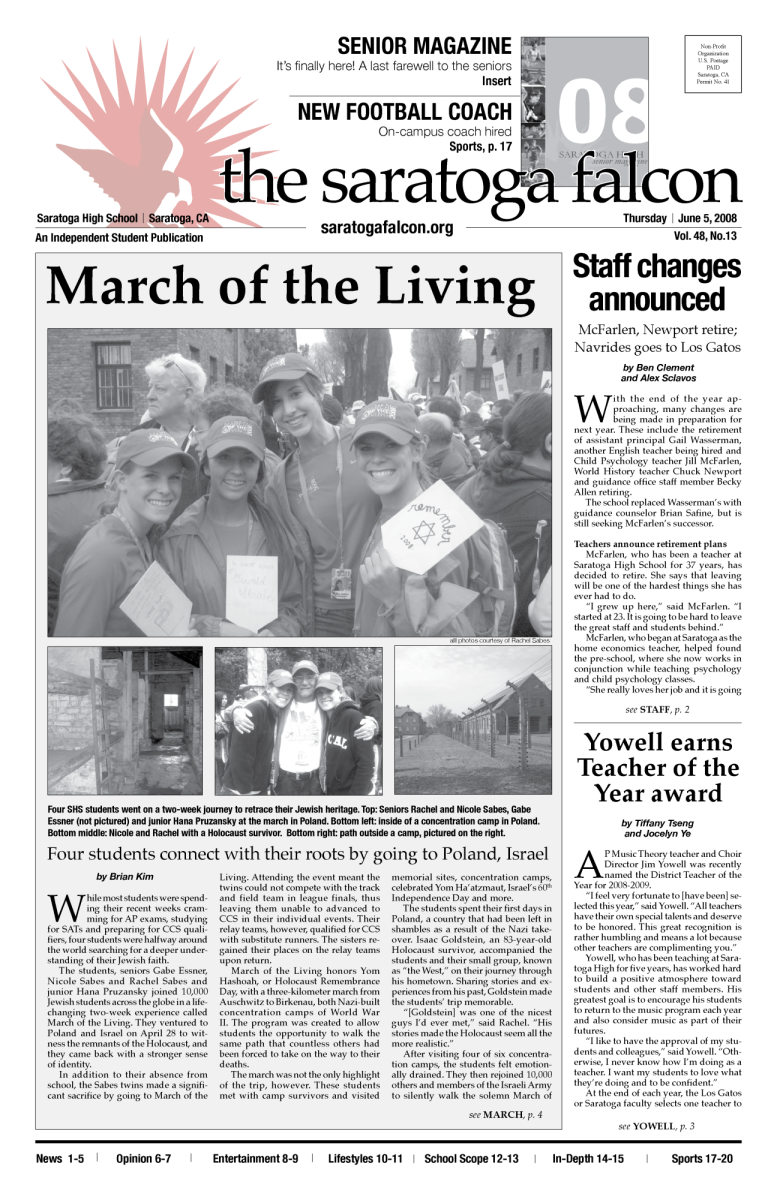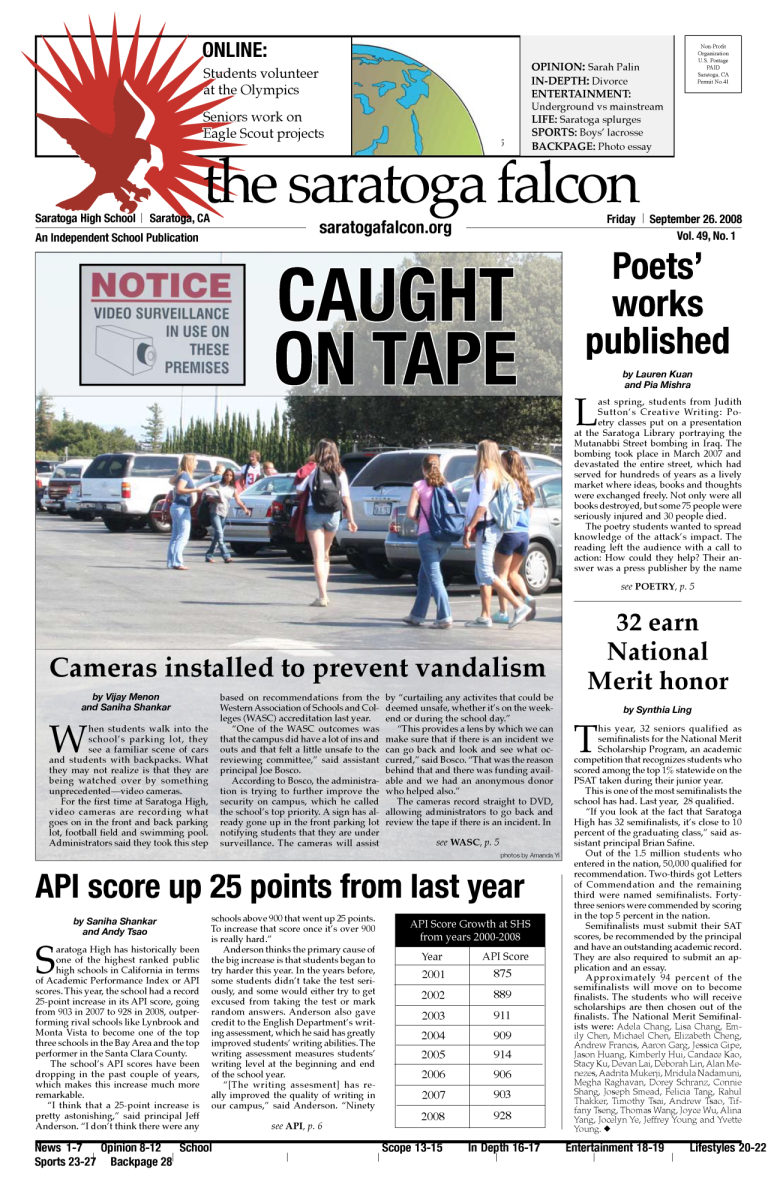Finals are a stressful time all around, and there’s nothing more nerve-wracking than knowing that a single final has the ability to raise or drop a grade by an entire letter, especially for students caught in the B+, A- range.
And it’s not entirely true that hard work during the semester keeps you safe during finals week; even if you only need a 75 percent to maintain a solid A, you still need to get a majority of the test questions correct, and winging it probably isn’t going to work. You still have to study.
Instead of focusing on other classes, possibly with borderline grades, students are forced to sacrifice their sleep and sanity to study for finals in all of their classes.
The logical solution is to offer optional finals in some classes, and it’s quite simple to implement. All teachers have to do is set a pre-final grade cutoff, and students who meet or surpass this standard are exempted from the final exam.
Optional finals are a more than fair option for students who have already proven proficiency in a class. In many cases, if you have a solid A in a class by the time finals roll around, you’ve essentially already proven yourself. It is unfair to have to spend more time studying, stressing and taking a final in a class you’ve already shown mastery in.
In fact, mandatory finals are beginning to fade away at the college level, according to the Harvard Magazine. Of the 1,137 undergraduate courses offered at Harvard University in 2010, only 259 of these courses scheduled finals, and for the 500 graduate-level courses offered, a mere 14 had obligatory finals. Harvard now assumes that professors will not be administering finals unless specifically stated.
Mandatory finals are simply relics of a 19th century system of schooling, and rather than being a modern educational advantage, they serve only to demoralize and strain students. Some teachers at SHS are beginning to recognize this, including physics teacher Jenny Garcia, who implements optional finals.
After all, semester finals exist to test a semester’s worth of knowledge, and if you’ve got a 95 or above 17 weeks in, nobody can say you didn’t master the material.
The situation gets more complex with AP testing, as AP class finals are often a good way for students to review before the AP exam. Since these finals generally happen in April and not during the scheduled school finals week, mandatory AP class finals are easier to justify and make sense for AP test preparation.
But for regular or honors classes, one more strictly timed, clinically administered, anxiety-inducing test will not tell you anything about my work ethic or knowledge that was not already apparent during the semester. Too often an unnecessary final will only foster resentment, irritability and sleep-deprivation during one of the most trying weeks of the year.



























